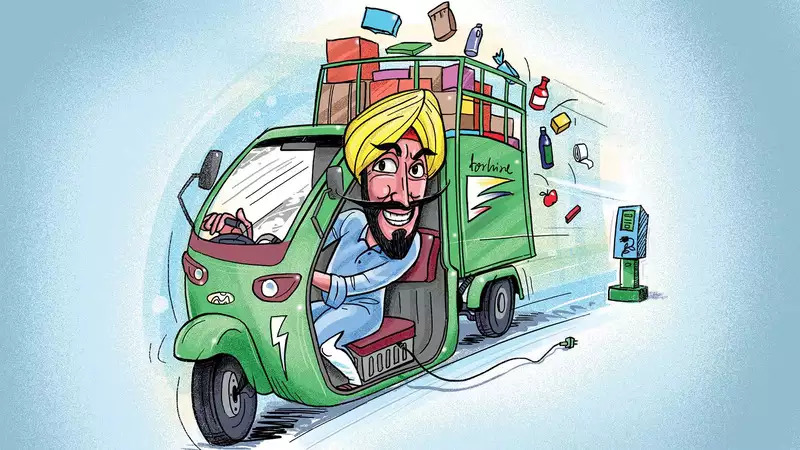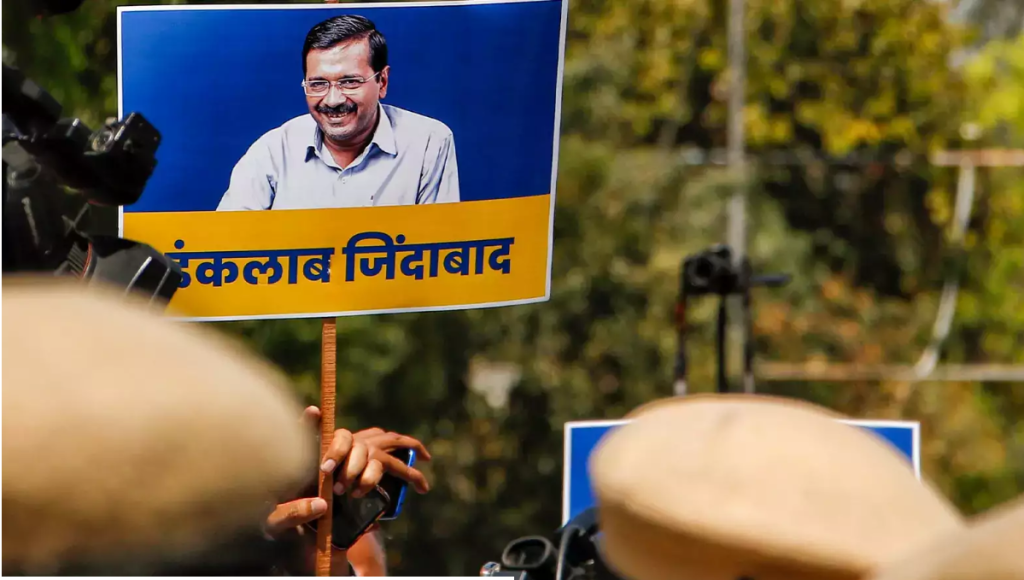The Kelkar Committee has submitted two reports. One is on direct taxes, levied on incomes and wealth (eg. income tax, corporate tax, wealth tax). The other is on indirect taxes levied on goods and services (eg. excise duty, sales tax).
I wish to argue in this column that the conventional distinction is misleading, even obsolete. The world over, countries are replacing excise duties and sales taxes by value added tax (VAT). We have been moving towards this in India too for years. Hopefully the technical and jurisdictional problems will be overcome next year. Why are all countries shifting from excise duties to VAT? For two major reasons. First, excise duties have an unwitting cascading effect. For instance, plastic toys are made from petrochemicals, which are made from petroleum products, which are made from crude oil. If excise duty and sales tax are high on crude oil, petroleum products and petrochemicals, plastic toys will bear a cascade of taxes even if no tax at all is levied on toys. VAT avoids such cascading.
It taxes the difference between the value of output and the value of inputs of every producer. Consider a uniform VAT of 20 per cent. The plastic toy manufacturer will pay 20 per cent VAT on his sales, but get a VAT refund of 20 per cent on the price of petrochemicals and other inputs used in manufacturing. This will avoid cascading, and tax incidence will be a consistent 20 per cent across all activity.
Second, VAT will check tax evasion through by providing powerful incentives for honesty. Today, manufacturers may file false returns or none at all. Tax evasion is rampant at every stage. But a comprehensive VAT, covering all goods and services, will make tax evasion unprofitable. The plastic toy manufacturer may want to escape paying VAT by not declaring his output. But then he will not be able to claim a refund of the VAT already levied on his purchased inputs. He may not be able to compete with rivals that declare their full production and get VAT refunds. Thus VAT can induce tax honesty.
In practice, crooked businessmen will still try to evade VAT in collusion with crooked tax inspectors. Good tax administration will remain vital. A computerised system can check automatically that the VAT refunds claimed on inputs actually match VAT paid on output by suppliers. This should induce high tax compliance.
Next, take a closer look at what value added really is. It is the difference between your earnings and costs, whether you are a businessman or anybody earning wages, rents, interest or professional income.
Apart from physical inputs, what are the other expenses of the toy manufacturer? He pays salaries and wages. He pays rent for hired premises. He pays interest on loans. And he makes a profit. So, the value added by him is the total of four items – wages, rents, interest and profits. The 20 per cent VAT on toys is actually a 20 per cent tax on the wages, rents, interest and profits of his company.
Abracadabra! A magical transformation has suddenly taken place. We started with the idea that VAT is a tax on products and services, like toys. Now we suddenly discover that VAT is in fact a tax on different sorts of income wages, rents interest and profits. VAT is an alchemist converting indirect taxes into direct taxes. It obliges us to confront a basic economic truth: The value of a product is simply the total of incomes of participants in its production.
So, a foolproof VAT will capture all income. Even those who seek to evade VAT will not really succeed. A manufacturer who refuses to declare his production will pay no VAT on his output and no income tax either. But he has already paid VAT on his purchased inputs, and will not be able to claim a refund. Willy nilly, he is in the tax net.
There remain political and technical problems in extending VAT to every activity: There is great resistance from services. But if we succeed in creating a full-fledged VAT, we will already be taxing all forms of income. In that case, some will ask, why have a separate income tax or corporate tax? Why not abolish them?
Many favoured constituencies of the BJP – the middle class and small businessmen – will be delighted if the government abolishes direct taxes on income, interest, dividends, and pensions. However, totally abolishing direct taxes will be inequitable. Income tax is progressive the rich pay most, the poor pay nothing. But VAT taxes the rich and poor at the same rate. So, equity requires more than just VAT. More about that next week. For now, I want to focus on one issue: The distinction between direct and indirect taxes is blurred one. We will do well do get the vast bulk of our tax revenue from a comprehensive VAT, and relatively little from income tax.
An old deceased friend, Mohan Ram, once told me he had earned Rs 10,000 from a foreign magazine. I asked, did you pay income tax on it? No, he replied, but I paid excise duty on it. That is, he spent the entire sum on whisky, and excise duty constituted 80 per cent of the price of whisky! So much for the notion that direct taxes are necessarily more progressive than indirect ones.




